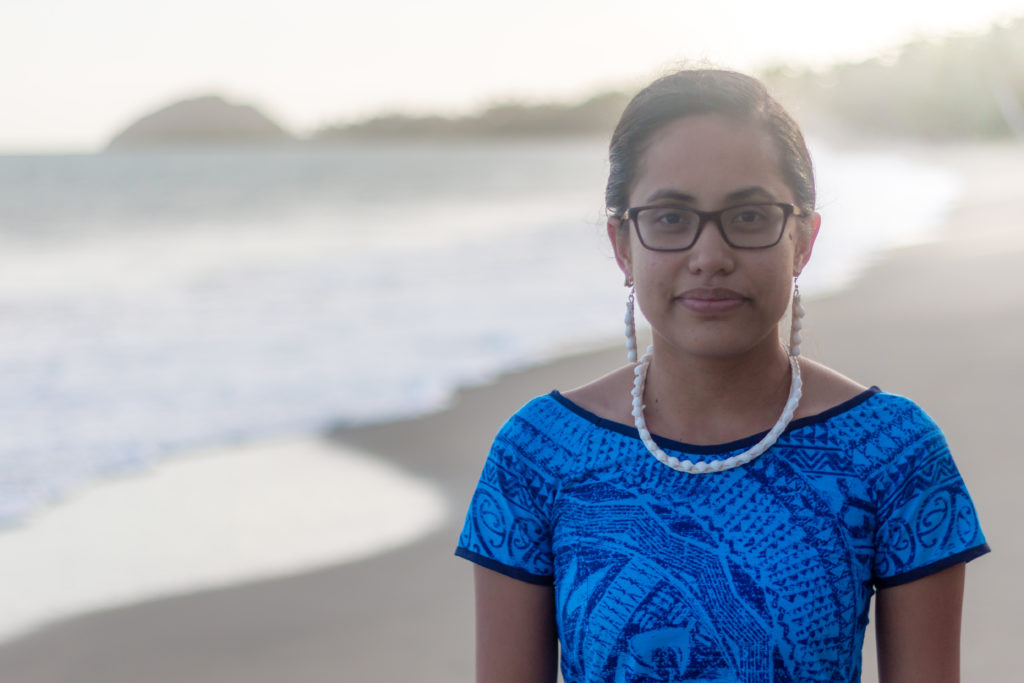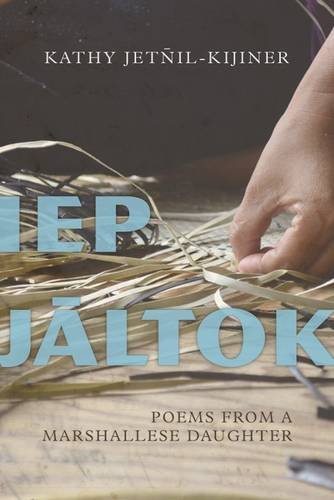The following is a bit of a #latepost – it was originally published in the website under the Pacific based non-profit PREL (Pacific Resources for Education and Learning) Pacific Storyteller’s Cooperative.
This was published on October 30, before I headed out to COP23 in Germany.
My work for COP23 began this past year in Fiji, where I attended my first retreat for 350 Pacific Climate Warriors. It was there that I first connected with these youth organizers from the Pacific – Kiribati, Samoa, Tonga, Tokelau, Fiji, Pohnpei, New Zealand to name a few.
COP23 stands for the Conference of the Parties, an international conference on climate change that takes place once a year – this is it’s 23rd year in session. The 350 Pacific Climate Warriors fall under the international organization 350.org, specifically under the Pacific chapter. What’s made it special, however, is that the organizers who led the team have achieved the delicate balance of serving an international organization, balancing the ability to draw on its exposure and network while also thoughtfully creating a team that is rooted in its Pacific identity and values. This of course, has come with a few years of practice, in understanding the role that the Pacific plays in the climate realm and in the international arena – where we often serve as tokens and talking heads rather than as survivors, leaders, and change-makers.
One of the things that struck me about the coordinators I met during this retreat was the fact that they were all grassroots, doing different, yet equally inspiring actions in their islands at a local level. From trailblazing innovative types of farming that solved the sandy soil problems of atolls, to challenging homophobia in Pacific led churches in New Zealand – these islanders were either cracking me up with stories of bringing the first cow to Kiribati (“even the police officers stopped us to take pictures!”) or humbling me with the climate disasters they’d seen, the reasons they found themselves in this fight. It was also there that I met Koreti for the first time, a fierce Samoan climate activist based in New Zealand, grounded in Pacific culture, who nurtured the entire crew.
A Country of Its own
This is my third COP – my first one was COP21 in Paris. It was arguably one of the most stressful events I’ve participated in in my life (I don’t think I’ve ever burst into tears that often from the sheer level of stress, lack of sleep, and anxiety). I attended as a poet, and it was my first time navigating the COP – a different world of its own entirely. But, looking back, I also realize I placed way too much expectation on myself.
After I attended my second COP – COP22 in Morocco – a sense of how this conference is organized began to take shape. In both countries, the area the conference took place was usually built out of thin air – almost a country of its own, lightly imprinted by the culture of the surrounding location. It’s made up of endless conference and meeting rooms, a separate space for booths and organizations to showcase their work, panels and press conferences, a way too expensive cafeteria, curt negotiators nearly jogging in suits, usually flanking a high-powered diplomat, reporters with cameras filming, artists in polar bear costumes, an Eiffel tower made of chairs, a crowd of youth activists with a microphone, and of course the long lines of security check ins every morning.
I’ve learned that not every COP is as explosive as the COP21. That was the year leaders from countries around the world negotiated and agreed on the first climate treaty ever (the Paris Treaty, as it’s known). I’ve also learned that, like any country, like any political event, the COP is full of contradictions.
This year is important to the Pacific, however, simply because it’s the first time we’ve had a Pacific leader at the helm – Fijian Prime Minister Frank Bainimarama. It’s coined as the “Pacific” COP – despite its ironic location of Germany – hence the early announcements of shipping whole canoes. I am expecting a lot of kava.
For myself, as a Marshallese, a country with a relationship to the US, and because of my current base from Portland, Oregon, this COP is also important to me because the US has pulled out of the Paris treaty – only one of two nations out of the entire world. Syria is the other. This will have heavy consequences, not just for survival of the earth, but especially for our islands.
A Uniquely Islander Symbol
With all of this in mind, the coordinators designed a campaign in the lead-up to the COP. #Haveyoursei is a campaign designed to uplift the stories and experiences of Pacific islanders around the world, garnering support for the Pacific Climate Warriors Declaration, a declaration that demands 1) a commitment to shifting to 100% renewable energy, 2) proper financing for countries already having to deal with climate impacts 3) kicking big polluters like the fossil fuel industry out of the negotiations and 4) staying true to the 1.5 degrees commitment from the Paris Treaty. The plan is to deliver the declaration, along with its signatures, to leaders at the COP in a formal ceremony.
To participate in the campaign, we’re asking supporters to visit www.haveyoursei.org and sign the declaration, then share a photo on social media with a “sei,” a south pacific word for “flower” and a story about why you want urgent action on climate change, or why you signed the declaration with the hashtag #haveyoursei. The flower is a symbol that is meant to represent the beauty and resilience of our islands, and is also a uniquely islander symbol.
As a Poet
I have no idea what’s in store for me during this COP. I don’t think it’ll be as crazy as the COP21, and I’m going in with two more years of experience in my pocket (not too much but better than none). I’m also aware of the fact that I’m going in not as a diplomat, or a climate scientist, or even as a reporter. As a poet and an “activist” (I use this term very loosely as I don’t think I really have earned my activist chops) I’m inhabiting this space of suits in negotiations and formal statements in a very different way. If anything, it’s slightly subversive, at times welcome and unwelcome. I go in understanding that my work is different (some would call it “weird”) but that my writing and performances fills a need for those craving a connection that runs deeper than statistics and mouthpieces. It also likely stirs discomfort for others, especially those who take these spaces for granted or are there to deliver a hard line.
And of course, loss
However, I am also going with the understanding that we have lost many climate leaders in the Pacific this year – those I especially have looked to for guidance. Koreti was one of them. Tony deBrum, our former Climate Ambassador and “grandfather” of the Paris Treaty was another, as was also his meant-to-be successor Minister in Assistance Mattlan Zackhras. Not to mention my former mentor Teresia Teaiwa, one of our leading Pacific scholars who first famously wrote, “we cry and we sweat salt water, so we know that the ocean is in our blood.” All these deaths took place within months of each other. They were all people I loved and admired, and I am attending this COP heavy with these losses.
I threw myself into the #haveyoursei campaign during our second 350 Pacific retreat a month ago. It was just two days after I went to pay my respects to Tony in the hospital, and I could feel myself losing hope, losing direction. I had no idea how much comfort his and Mattlan’s presence in the world gave me, how I felt carried and strengthened knowing they were there to lead our country’s fight.
But I was strengthened by connecting, once again, with these warriors. With shaping our movement, thinking, challenging and planning. It reminded me that I wasn’t alone at all, and that there were so many more leaders I could lean on, draw power from. And that gives me the strand of hope I need to charge forward, regardless of the expected outcome.

